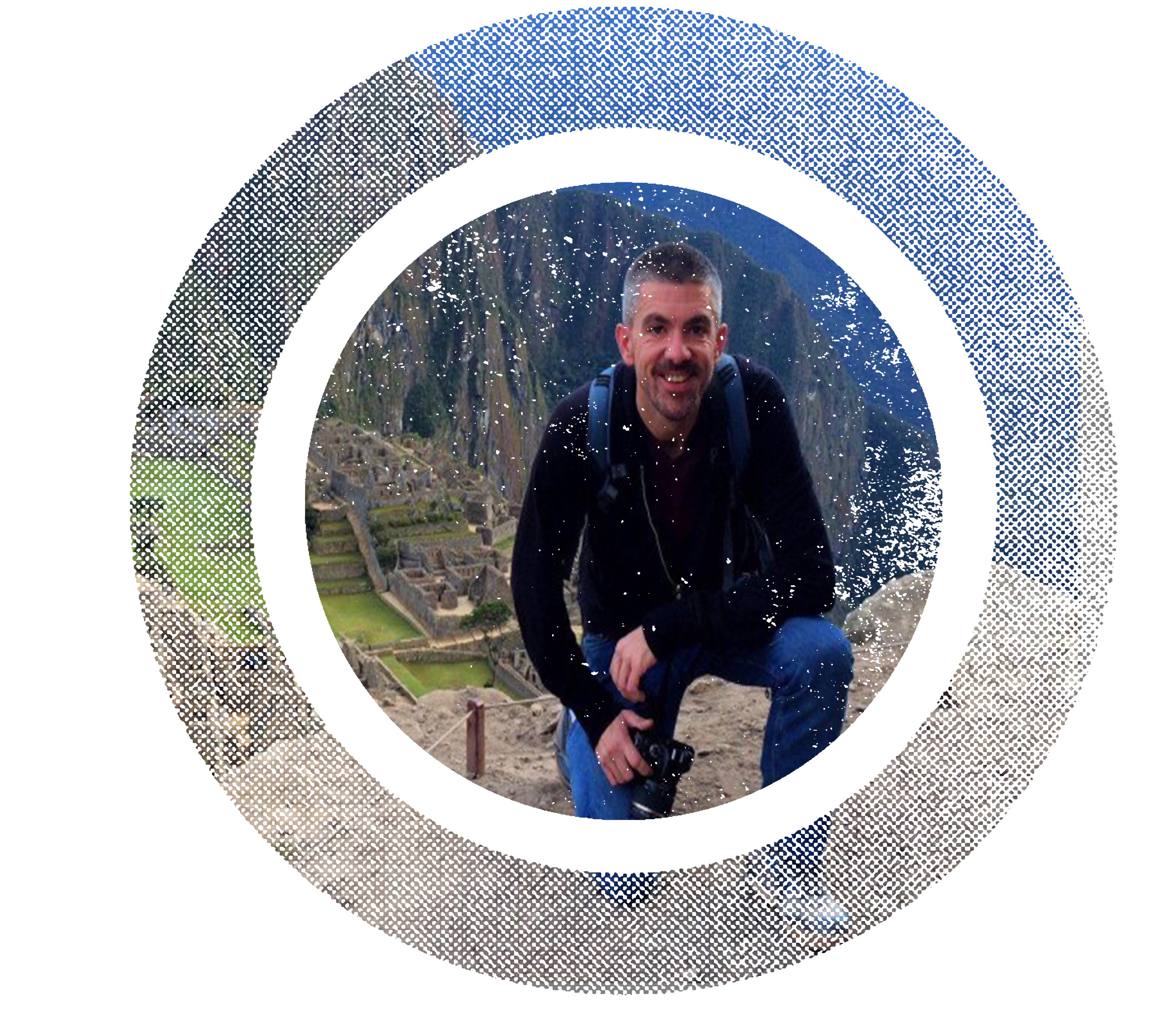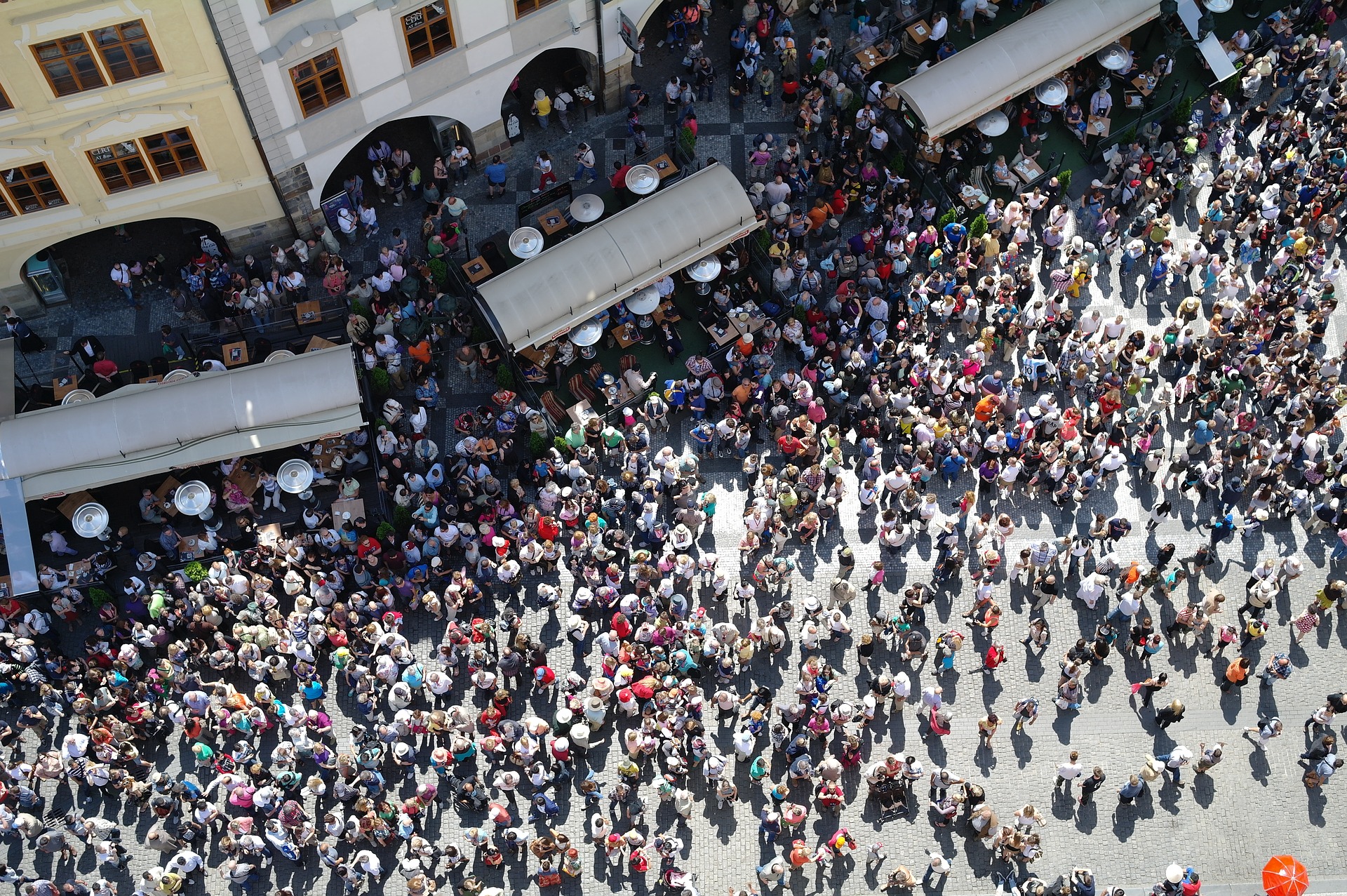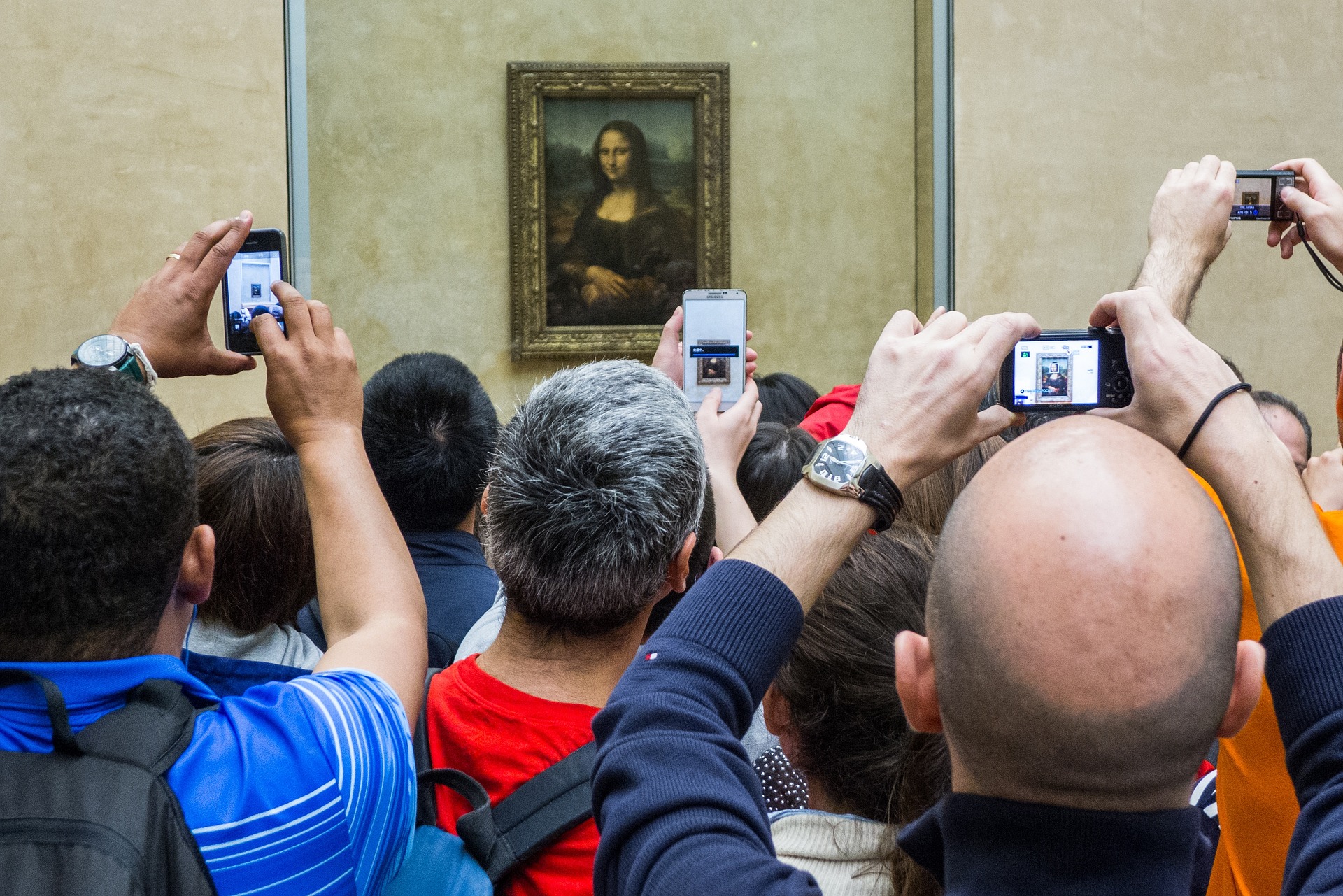We’ve likely all heard about ‘overtourism’, when a destination and its infrastructure can’t cope with the influx of travellers. And we’ve most likely experienced it ourselves in some way, whether that’s battling the crowds at the Louvre or fighting for a slice of beach in Ibiza. From Machu Picchu to Iceland, Barcelona to Venice, there’s a growing chorus of angry voices insisting that something needs to be done.
But what’s the solution? Should we be staying at home and not travelling at all? Or moving on to the next destination – and likely causing the same problems there? How can we spend our tourist dollars in a more sustainable way? It often seems hard to imagine how we, as individual travellers, can make a meaningful impact against the roaring tides of tourism. What does ‘responsible travel’ even mean?
We’ve turned to some of our favourite travel bloggers and experts to bring you some excellent advice on the topic. Learn how to have a holiday with a difference – without exploiting a place in any way – with these 8 simple tips explaining how you can be part of the change.
Related article: 7 ultimate tips to survive a long-distance bus ride
1) Remember, the world is not your playground
We constantly hear reports of tourists insulting local cultures, breaking local laws and ignoring local etiquette. It seems obvious, but a place and its people were not put there for your amusement. Always remember you’re a visitor, and that this is where people live, work, raise children and all the other things you also do back home. Be sure to abide by local customs, show respect in the way you dress and act, and interact with locals in an immersive and mindful way.
Adventurer and professional traveller Matt Long, who blogs at Landlopers, has some excellent advice in his fab post on respectful travel, where he urges us to think about the value of the travel experience. Don’t travel selfishly and treat the world as though it’s your playground, he says. Learn how to behave and act in this new place – and always remember you’re representing your hometown and nation too.

Travel is not a right, it is a privilege and it comes attached to it certain responsibilities.
2) Kick the #bucketlist
The relatively recent trend of finding the most authentic, most remote or most obscure place/meal/experience can pretty much be summed up in one hashtag: #bucketlist. Let’s stop ticking off a list of ‘must-see’ destinations; instead, dive a little deeper into the places we travel to and appreciate the wonders of the world in all its forms. Because exploring a quaint Auvergne village is no less valid a travel experience than visiting a mountain tribe that has never seen a Westerner. And it’s *probably* less destructive too. Figure out what’s important to you, and create your itinerary around that.
Jodi Ettenberg from Legal Nomads writes beautifully about this in a blog post, explaining that getting off the beaten track is not always about visiting the most far-flung destinations; often you can experience the best of travel in the most unexpected of places.
Oftentimes people are looking for a connection to others that feels special or sacred, something different… But do we really need somewhere away from all the tourists to get that feeling of sincere invitation or authenticity?
3) But don’t just ‘go somewhere else’
Avoiding the hardest-hit spots is an obvious solution to overtourism, and there are plenty of articles out there advising travellers to go to Utrecht instead of Venice (it has canals too!) or try the Norwegian fjords instead of Iceland (it’s still Scandinavia!). Although we agree that the pressure needs to be taken off certain destinations, we’re also very aware of simply pushing the problem onto another place. What we don’t want to see is a new wave of overtouristed places while the first round is still struggling to recover.
Instead, think smartly. How about travelling to a place in low season when your tourist dollars are especially welcomed and there are fewer crowds? Or visiting a lesser-touristed part of that city or country, rather than following the herds to the big-ticket sights?
Travel writer Mariellen Ward, who writes (mainly) about India at BreatheDreamGo, makes an excellent point in her recent article on responsible travel.
Sure, I remember going to the Taj Mahal in Agra and Amber Fort in Jaipur, but the experiences that have really stuck with me, transformed me as a traveller, and made me grow as a human being have been at a much more grassrooots level. It’s living or staying with an Indian family, exploring the jungles of central India, volunteering at a yoga ashram, seeing some of the incredible birds and wildlife… and generally getting out of the cities and main tourist hot-spots.
4) Use ethical (and local) operators and services
It might seem obvious, but it’s amazing how many people overlook this relatively simple concept. Always remember that we as travellers have the power to create positive change. Ben and Katie from Two Wandering Soles have lots of great, practical advice on responsible travel, including paying it forward and shouting out great companies, thoroughly researching any attraction that involves animals and always demanding good environmental practices.
We’ve seen first-hand how travel negatively impacts communities and the environment if it’s not done mindfully. We always try our best to support eco-tourism businesses that are doing good things in their communities and we try our best to travel in a way that leaves the smallest footprint.
Another simple idea is to stay in locally-owned homestays and guest houses and eat with the family or at neighbourhood restaurants. Among other great tips, Nomadic Matt recommends staying in a room in an Airbnb (rather than renting a whole house or apartment) to try to ensure the money really is going to a local rather than an unscrupulous landlord.
5) Forget social media for a while
Sure, use social media. It can be a great tool for inspiration and recommendations, and can even get you out of a jam. But please, just stop wanting to be ‘seen’. Travel is not about what everyone else thinks of your trip, it’s about your personal journey. Don’t be the person who rates the success of their trip on the number of likes and comments. Don’t be an Insta-tourist (#me) creating artificial moments to share with your followers. And, please, stop waving that bloody selfie stick around.
Derek at Wandering Earl writes in his admirable post on travel, awareness and social media that we need to stop being self-absorbed, and instead value connection and experiences. He emphasises that travel should be about sharing, interacting and learning, and travel influencers need to start using their ‘influence’ wisely.
There really isn’t much value in such infatuation with ourselves while travelling. Instead, it’s remarkably tone deaf and disrespectful to those places we visit… Genuine interaction isn’t a photo of a pre-planned handshake in pre-planned, picture-perfect clothes, with a pre-planned smile or forced expression of interest.
6) Think before you click (and touch)
We all want to capture that moment and have memories to look back on later. But taking photographs when travelling has the potential to be intrusive, if not done thoughtfully. Always ask before taking a photo of someone and always consider the impact of your shot – as well as the wording of any captions or hashtags if you post your photo.
Amanda Ruggeri, author and blogger at Revealed Rome, writes in her handy post on travel photography that you should always think about when to use a flash, for example, as in certain situations it can be seen as annoying – or even rude. She notes that there are times when it should never be used; such as in church, at a concert or performance, or taking photos of delicate artworks.
And it’s not just photos; think about how you interact with art, architecture and other cultural legacies:
Never, ever touch the frescoes. Or paintings. Or sculptures. Or tapestries. The number one way to harm most art is to touch it, transferring the natural oils from your skin onto its surface. That wears everything away from paint to bronze.
7) It’s your planet; don’t ruin it
Make sure all your travel choices have a positive impact on the world. Think ground transportation over flying, where possible; and reduce or offset CO2 emissions wherever you can. If you must drive, think about using ridesharing services to either fill your car or share someone else’s ride. Don’t go on a cruise that’s going to culturally overwhelm a destination. Eat local food, cooked by local people, that’s in season. Visit lesser-known or closer-to-home destinations; make fewer, longer trips; and travel respectfully, sustainably and smartly.
Nomadic Matt has many wise words on his blog, including this:
Travel can destroy the environment but it doesn’t have to. We have the power to make things better. We can do small things and demand more of the places we stay and visit. We can and should demand more of places, and of ourselves… Because once a place is gone, it is gone for good.
Try your hardest not to degrade the environment by carrying reusable water bottles, not dropping litter and recycling wherever you can. Adventure travel company Thrillism has some additional practical tips, including putting rubbish in separate compartments in your rucksack for recycling later and always considering water purity.
8) Never forget the power of travel
Above all remember that although travel can be destructive, it also has the potential to be an incredibly powerful force. Done right, it can educate, inspire, support communities and break down barriers. It will probably make you a better person, too. Go forth, and do good!
Rome2Rio can help you get anywhere you need to go. The travelling responsibly part is 100% up to you.

